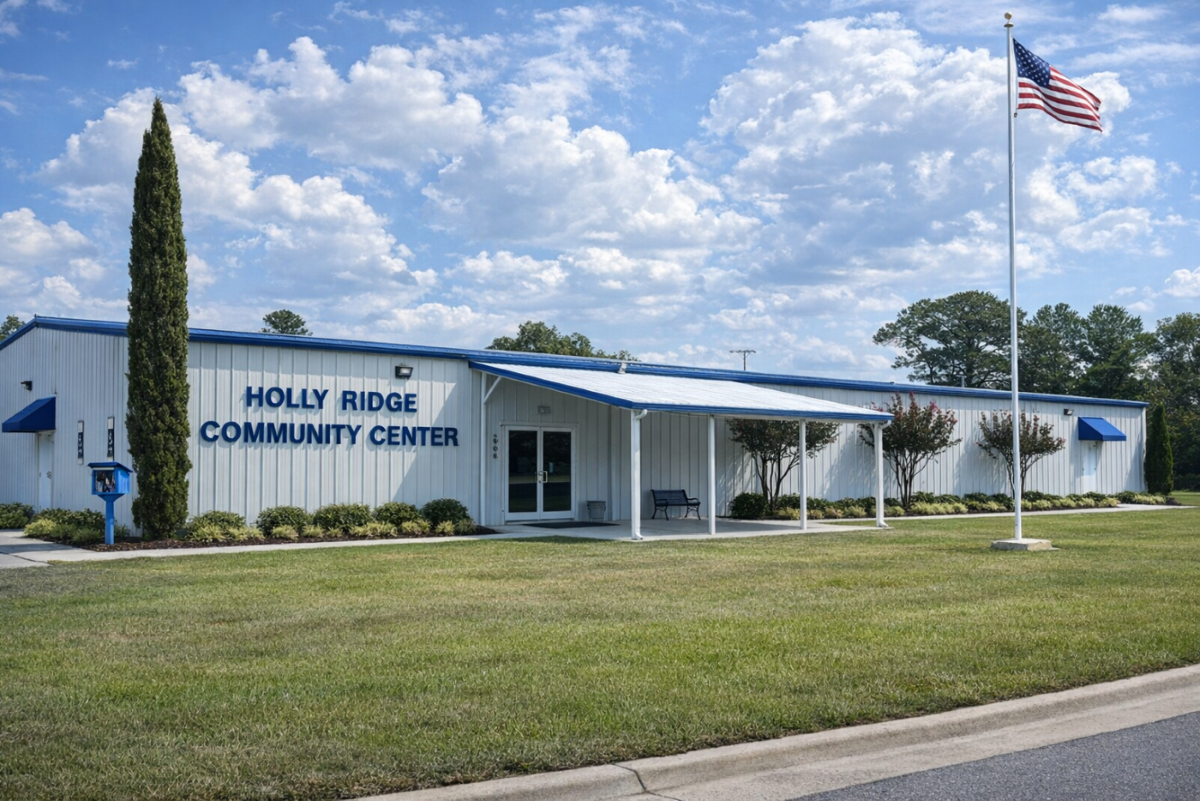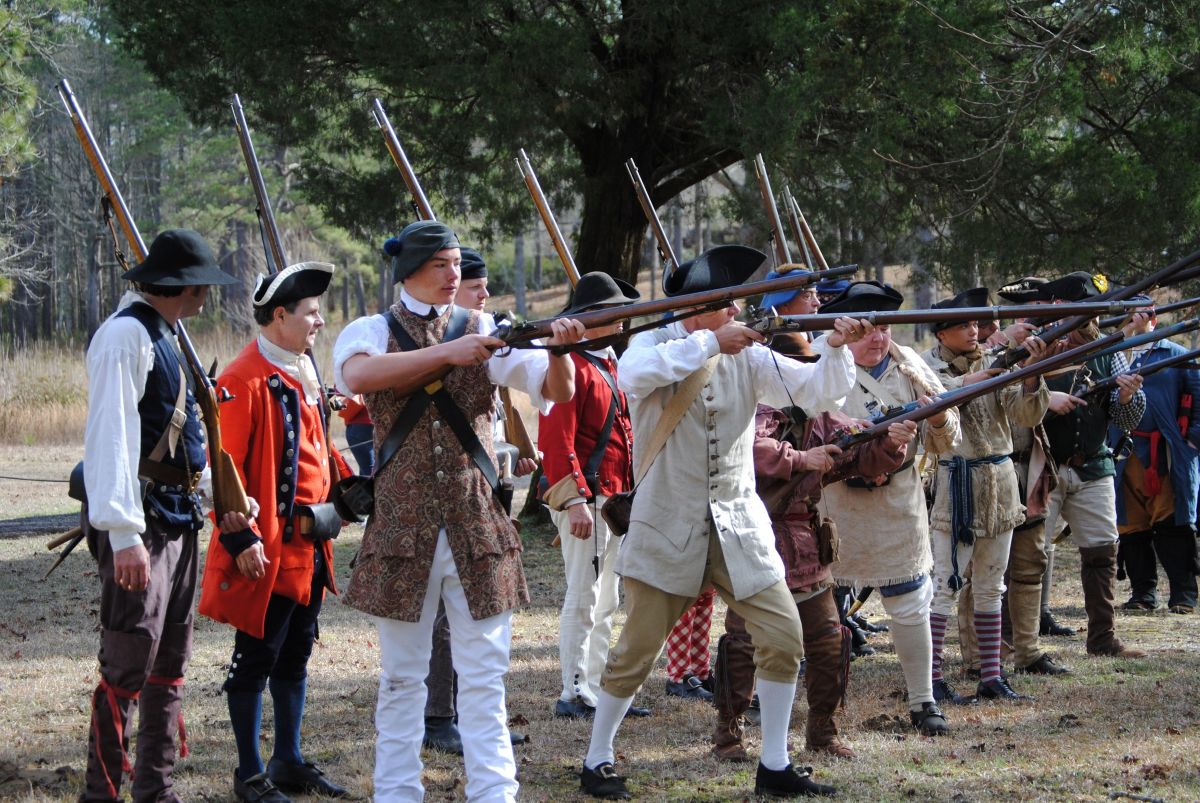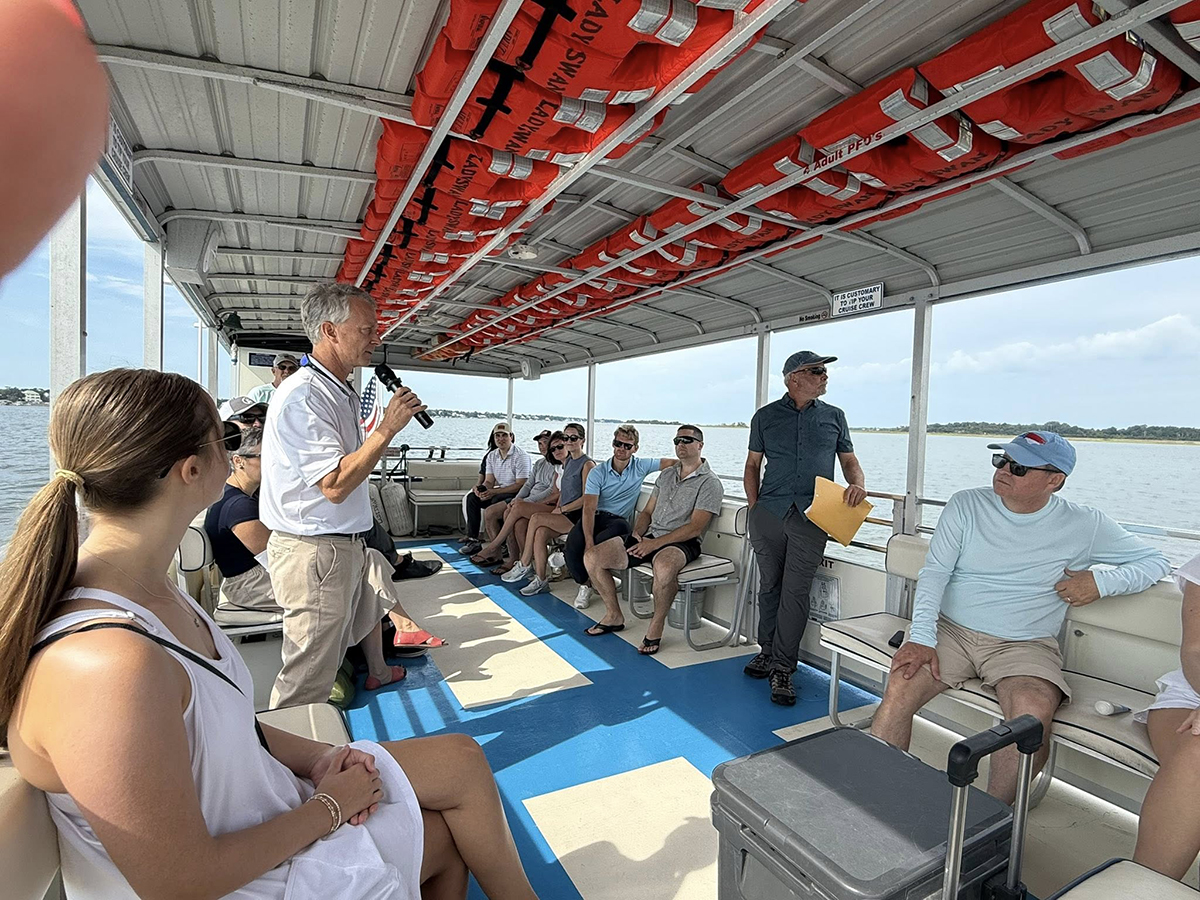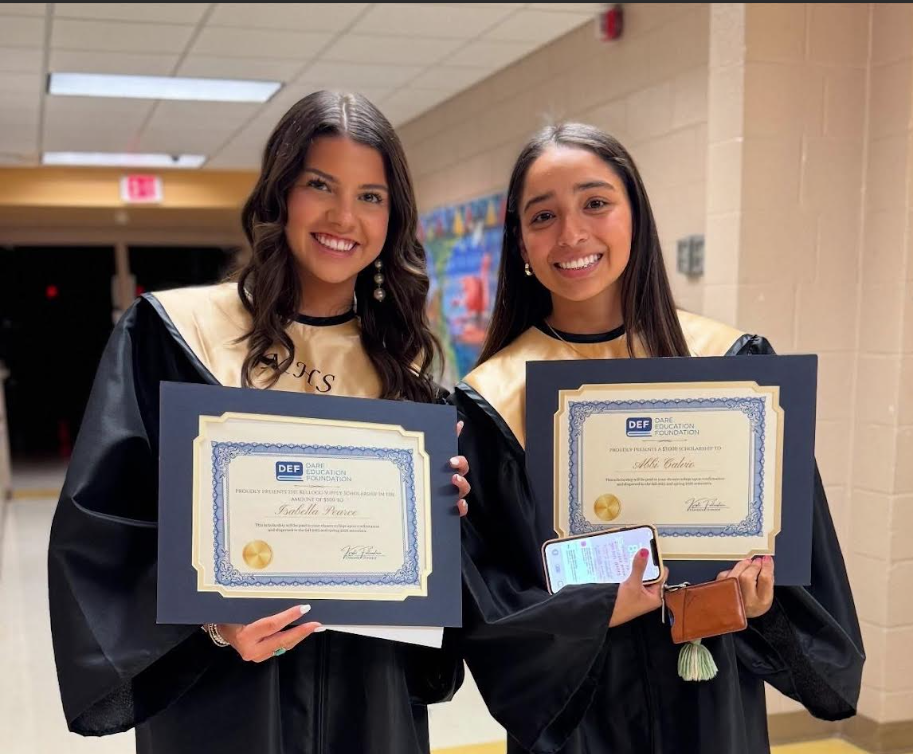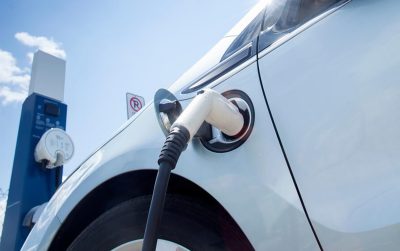
The state has committed nearly $7 million in grants and rebates to install and expand electric vehicle charging stations in 64 sites statewide, with a handful of those on the coast.
The Department of Environmental Quality’s Division of Air Quality announced Tuesday that more than $6.8 million in grants and rebates will be awarded under phase 2 of the N.C. Volkswagen Settlement Program.
Supporter Spotlight
DEQ manages the state’s share of the VW Settlement, an agreement between the German automaker and the Department of Justice on behalf of the Environmental Protection Agency. In phase 1 of the settlement, nearly $30 million was awarded for projects. Phase 2 of the program covers the remaining $68 million of the state’s share.
Officials said Tuesday that nearly $5.9 million in grants will go to install 104 new DC Fast charging ports at 40 sites along priority corridors and major coastal evacuation routes such as segments along interstates 40, 77, 85 and 95 and highways without existing charging infrastructure. DC Fast chargers provide rapid charging.
In this program, 75% of the awarded funds will go to projects in rural counties, and nearly half will go to historically under-resourced counties that DEQ targeted for additional outreach and support during the Phase 2 application process. Of the 40 charging sites, 33 will have 100% of their power covered with renewable energy credits, according to DEQ.
Costal communities selected for DC Fast Priority Corridors awards include Windsor, Elizabeth City, Hertford, Columbia, Jacksonville, Nags Head, Havelock and Burgaw.
The Division of Air Quality coordinated with the Department of Transportation to maximize funding for charging infrastructure that meets the requirements in the National Electric Vehicle Infrastructure, or NEVI, Program. VW Settlement funding was awarded to install 30 DC Fast charging ports in the state that will already be NEVI compliant, aligning with NCDOT’s goal of using $109 million in federal funding to build out electric vehicle infrastructure along approved corridors, officials said.
Supporter Spotlight
Around $764,000 in grants will go to public and private organizations to upgrade 13 existing DC Fast sites, including at a site in Avon. These projects will add five new ports and replace 11 others that are obsolete or nonfunctioning statewide. A full list of DC Fast Existing Site awards is available.
DEQ has set aside $196,000 in new rebates to fund the installation of Level 2 chargers at workplaces, apartment complexes, parks, urban centers and other public locations. Level 2 chargers are ideal at destinations where electric vehicles can be parked for an hour or longer. This funding will go to installing 62 new charging ports at 11 sites across the state, officials said.
Coastal communities to receive Level 2 Public Access awards include Surf City, Jacksonville, Leland, Hampstead, Buxton, Hertford, Wilmington and Washington. One of the Level 2 Workplace awards will go to Cape Fear Public Utility Authority in Wilmington. All Level 2 Multi-Unit Dwelling awards were given to communities west of Interstate 95.
These new rebates bring the total awarded by the Division of Air Quality for Level 2 chargers to more than $1.1 million in phase 2 of the N.C. Volkswagen Settlement Program.
“These awards aim to increase the use of clean zero-emission vehicles in place of gas-powered cars and improve air quality by significantly reducing emissions of nitrogen oxides, particulate matter and greenhouse gases. DAQ estimates that the DC Fast and Level 2 chargers announced (Tuesday) will together prevent more than 26,500 pounds of nitrogen oxides from being emitted into the atmosphere each year,” officials said.
DEQ is allocating the full 15% allowed in the Volkswagen State Trust Agreement for zero-emission vehicle charging infrastructure projects under phase 2. More than $869,000 is still available to local governments, nonprofits and private businesses on a first-come, first-served basis. Rebates up to a maximum of $5,000 are available to government applicants and up to $4,000 to nongovernment applicants for each new charging port installed. More information on applying is available on the DEQ website.



